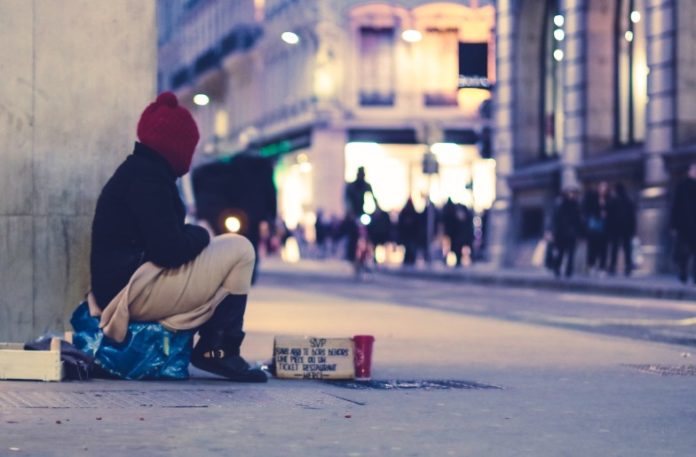The World Health Organisation (WHO) has expressed its worries that health care will suffer as European countries, still fighting COVID-19 implement economic measures to tackle the economic crisis triggered by the pandemic.
Just over four months since the first cases of novel coronavirus were officially reported in the WHO European Region, there have been over 2 million confirmed cases of COVID-19 across and over 175,000 people have died.
Since early March, more than 159,000 excess deaths, as a result of the pandemic, have been reported from 24 European countries, Dr. Hans Kluge the WHO director for Europe, told a press conference in Copenhagen Thursday.
48 countries across the WHO European Region are adjusting their public health and social measures. The most common measures to be eased first are the opening of non-essential businesses and relaxation of domestic movement restrictions.
“Let us remember, we are not measuring lives against livelihoods, nor health against wealth. There can be no economic recovery without COVID-19 transmission under control,” the European director added.
“Europe is entering an economic recession. Economic output is set to collapse in the first half of 2020 with most of the contraction taking place in the second quarter. It is then expected to pick up, assuming the virus is controlled,” he continued.
The priority is to invest in health care and avoid austerity
Dr. Kluge insisted on three factors:
- Controlling the virus and economic recovery go hand-in-hand.
- COVID-19 impacts all, but some more than others – we cannot afford to leave anyone behind.
- We can build back better – a different economy that is more equal and inclusive.
He warned governments against responding to this crisis in the same way they did to the Great Recession 10 years ago by cutting health care budgets. “Many countries in Europe responded to that crisis by cutting public spending on health. Between 2008 and 2013, public spending on health per person fell in around half of the countries in our region,” he said.
“Countries that took the path of cuts to health spending struggled to recover from the economic shock.”
According to WHO, today “our priority must be to invest in health, invest in social protection and, above all, avoid austerity, which has devastated the lives of so many in Europe. Investing in health and social protection – especially when the economy is unstable – is the mark of responsible and resilient policy action.”
An Economy of well being
The WHO director made the case for a recovery that would lead to a different economy, “an economy of well being.”
An economy of wellbeing means:
- An economy which puts people in the centre
- An economy which provides a safety net for everyone, protects front line workers
- An economy which contributes to a green climate and environmental sustainability
- An economy where public health is seen as the safeguard of economy, security and peace.
According to Dr. Kluge world leaders learnt in the Great Depression, and after the Second World War, that “to demand collective sacrifice you must offer a social contract that benefits everyone… We must mobilize the will from politicians and people alike to create a better society which is fair and safe for everyone. An economy where we leave no one behind,” concluded the WHO director for the European Region.
Additional links:






